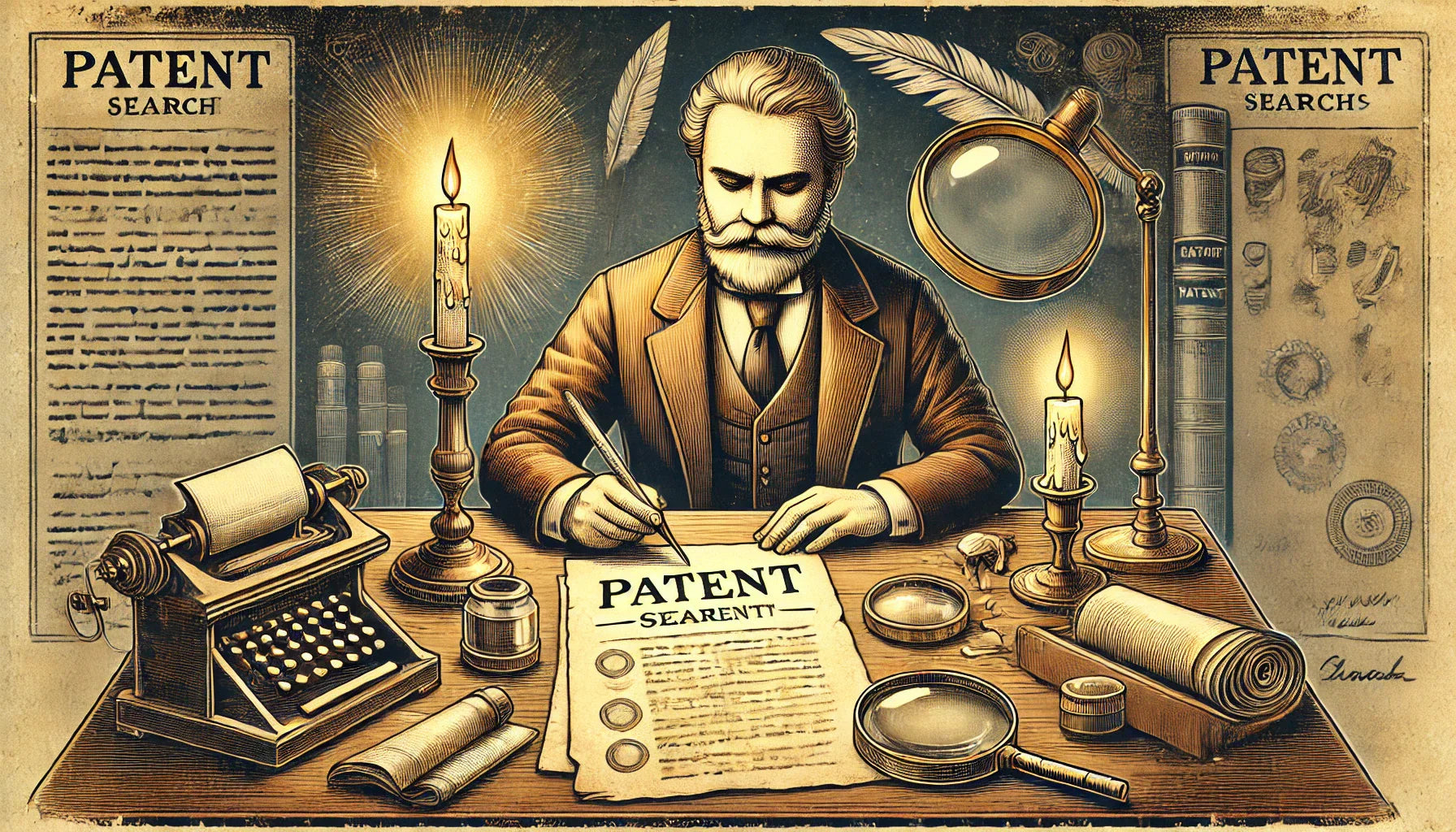|
The open source movement started as a simple idea back in 1998 in the digital mecca of Palo Alto, California.From there it grew and evolved into a manifesto. The ManifestoWhatever you do or make, give it away for free so others can build with it and make it better. Proponents of open source argue that by giving ideas, products, and code away it drives innovations by means of global collaboration, which is good for any industry Tesla MotorsA prime example of open source is what Tesla Motors did in 2014. The electric car pioneer decided it was in the best interest of the electric car industry to release all their patents to the public. “Tesla Motors was created to accelerate the advent of sustainable transport. If we clear a path to the creation of compelling electric vehicles, but then lay intellectual property landmines behind us to inhibit others, we are acting in a manner contrary to that goal. Tesla will not initiate patent lawsuits against anyone who, in good faith, wants to use our technology.” Collaboration or CompetitionSome disagree with the open source movement. They argue that competition, not collaboration, drives innovation. It was competition that sparked the space race and put a man on the moon. While open source might be good for the industry, it’s bad for business. When the ideas of a business are protected it can leverage those ideas to grow. If those software is open sourced, the rules of supply and demand make it hard to profit from those innovations. The battle of patents versus open source is likely to continue for a long time. Progress and innovation are the ultimate goals for both sides. Both sides just have polarizing ideologies. Control
A patent gives its holder the right to exclude others from making, using, and selling the claimed invention. Patent rights give a patent holder control over who uses his/her invention. The basic idea behind distributing software under an Open Source license is that anyone should be able to view and use the source code of the computer program and modify the source code for his/her own purposes. The author of the software program must decide to make the source code available to others. Anyone can modify the source code without obtaining permission from the author. Distributing software under an Open Source license affects how the creator of the software use his patent rights but does not affect whether he/she can apply for patent protection. Releasing software under an open source license or incorporating the software in a proprietary product may grant certain patent licenses to people who receive the software. The patent owner cannot control who receiver the open source software or what they will do with it. Defining an Open Source License
You can see the large number of different versions identified as open source licenses at http://www.opensource.org/licenses, each has its own quirks. One of the most popular open source licenses is the Gnu Public License (the GPL). For a copy of the GPL license you can go to http://www.gnu.org/copyleft/gpl.html. What is an open source license? The GPL not only requires that source code be viewable and usable but also requires that any software that is a derivative work of the GPL software also be distributed under the GPL. When an original author releases his software under the GPL, he give license of his copyrights to those who receive the software to copy, distribute, and produce derivative works of the software, provided that they then release the software and derivative works of the software under the GPL to make the source code of the software and the derivative works available to others. Derivative works are modifications of the software and as any software that links to the GPL software. The GPL software infects all software that links to it and forces that software also to be distributed under the GPL. Most commercial software developers do not use GPL software because doing so would force distribution of their own source code for commercial product they are selling. Obtain Patent for Open Source Software?
If a company plans to distribute its software under the GPL, does it make sense to obtain patent protection? Open Source licenses do not bar a software author from obtaining patent protection nor does the GPL bar a programmer from including his patented features when he modifies someone else’s software previously distributed under the GPL. The uses to which patent rights can be enforced are severely restricted when the software with the patented innovations distributed under the GPL. The GPL license states: “Any free program is threatened constantly by software patents. We wish to avoid the danger that redistributors of a free program will individually obtain patent licenses, in effect making the program proprietary. To prevent this, we have made it clear that any patent must be licensed for everyone’s free use or not licensed at all.” An author or modifier who distributes software under the GPL cannot assert his patent rights against subsequent users and redistributors of the GPL software. Why then, would anyone want to obtain a patent on an invention that is going to be distributed under the GPL? The author may plan to license the patent to others to produce a revenue stream. The author may want to assert his patent rights against redistributors who do not conform to the GPL license terms. The author may want to have patent rights to use as an offensive or defensive weapon against infringers who are not using the GPL software. The author may plan to also distribute a non-GPL version of the software. While the author may not be able to use his patent rights against people who receive and redistribute his GPL software, the author can use these rights against his competitor who sells a competing product that incorporates the invention that is not a derivative work of the author’s original code. The GPL only precludes the patent holder from asserting his rights against people who are practicing the invention by using his GPL software. People who independently create other software are not subject to this implied license. Existing Licenses
What if the original author has a license from a third party for an invention included in the GPL software. For example, the original author may release software that incorporates an encryption technology covered by a patent licensed from a third party. If the original author of the GPL software has been granted the right to sublicense, he may be able to include the patented technology in his GPL software, since he can give a sublicense to the GPL users. Existing open source licenses Per the GPL requirements: "If you cannot distribute so as to satisfy simultaneously your obligations under this License and any other pertinent obligations, then as a consequence you may not distribute the Program at all." Limited Implied License
The users and modifiers of GPL software have an implied license to use patented inventions included in the GPL software. The users probably do not have a blanket license to use the invention in other circumstances. If a programmer who uses GPL software develops software that uses the patented invention without using any of the GPL software, the programmer does not have a license to use the invention in this manner. Outside the USForeign Patents
Patents are granted on a country-by-country basis. The GPL states: "If the distribution and/or use of the Program are restricted in certain countries either by patents or by copyrighted interfaces, the original copyright holder who places the Program under this License may add an explicit geographical distribution limitation excluding those countries, so that distribution is permitted only in or among countries not thus excluded." Wrap UpAs of the date of this article, there are no decided court cases interpreting the GPL and all disputes involving the GPL of which this author is aware have been settled out of court. However, it is only a matter of time before court cases involving the GPL make it through court. Software developers and corporate counsel should be aware of the risks involved in the GPL before making decisions concerning this license. |
 About the Firm... About the Firm... Miller IP Law is a firm that focuses on small businesses, startups, and entrepreneurs/solopreneurs. We’re easy to use. We offer affordable pricing that’s transparent and flat-rate. We focus on the little guys who actually need our help. If you’d like an attorney on your team, simply schedule a Zoom call, and we’ll take care of the rest. Top Blog Articles1. Cheapest Way To Get A Patent 2. How Long Does It Take To Get A Trademark?  Want to chat more about this topic, or got a burning question? Take advantage of instant chat and send us a direct message

Find Us On LinkedIn |
About Our Firm…
Miller IP Law is a group of attorney's, based out of Mountain Green, Utah, who are excited to help you build your business and further innovate market places and economies. Please consider looking at our services, billed at flat rate, and be sure to grab a free strategy session to meet with us!
Get weekly stories and information about protecting intellectual property with our e-mail Newsletter today!
Need To Get In Touch With Us?➡Schedule A Free Strategy Session Today… |
|
Flat Fee Pricing
Straightforward for Patents and Trademarks
|
Patent Application |
Trademark Application |
Copyright Application |
















